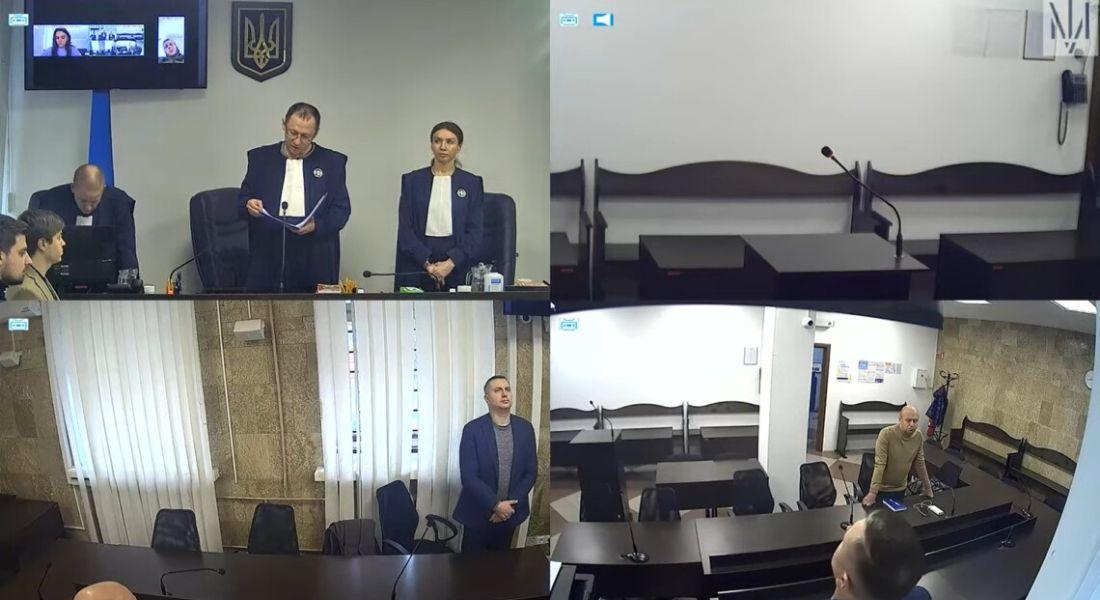Case description
On March 6, 2024, the HACC sentenced Natalia Lysenko, owner of Vel-Auto-Trans firm, and businessman Serhii Molodyk, who were accused of misappropriating state-owned grain worth more than UAH 700,000.
In August 2015, Natalia Lysenko, as director of Vel-Auto-Trans LLC, allegedly purchased almost 244 tons of grain from the warehouse of Chervonyi Zemlerob State-Owned Enterprise.
Using her powers as director, Lysenko signed a new grain storage agreement with the Kirovohrad Grain Products Plant No. 2 on behalf of the company, as well as a grain sale and purchase agreement with Chervonyi Zemlerob, without intending to conduct an actual settlement. Both agreements were signed on the same day, indicating that the actions had been pre-planned and coordinated.
Based on the sale and purchase agreement and the acceptance and transfer certificate, the Plant issued warehouse receipts in favor of Vel-Avto-Trans LLC. This formally ensured the transfer of ownership of the grain from Chervonyi Zemlerob to the company, despite the lack of actual payment.
To make the grain transfer appear legal, Lysenko initiated the signing of a storage agreement between Vel-Avto-Trans LLC and Chervonyi Zemlerob, along with an annex to it. These documents were intended to create the illusion that the grain remained in safekeeping rather than having left Chervonyi Zemlerob’s ownership. As part of the scheme, an acceptance and transfer certificate for material assets was drawn up, containing knowingly false information stating that Chervonyi Zemlerob had transferred and Vel-Avto-Trans LLC had received 243.94 tonnes.
In early 2016, Serhii Molodyk was involved in this criminal scheme. In March, the illegally obtained grain was re-registered to the name of his newly acquired private enterprise Kanivavto, which did not even have open bank accounts or carry out any business activities, under an interest-free commodity loan agreement. Later, he organized its sale by selling the grain for cash to another company. The perpetrators distributed the received funds in the amount of UAH 770,000 among themselves.

The defendants questioned during the court hearing did not plead guilty. Lysenko stated that she was engaged in the agricultural business and grain trade and acted within the framework of business arrangements with the director of Chervonyi Zemlerob, to whom she allegedly handed over cash for the delivered grain due to the enterprise's frozen accounts. Later, she claimed she re-registered part of the grain through a private enterprise controlled by the defendant Molodyk, with whom she had business relations, allegedly fearing a corporate raid. Molodyk confirmed that he practiced law, later became a co-owner of Kaniv-Avto PE, and helped sell the grain through that company, transferring part of the proceeds to Lysenko.
Lysenko’s actions were initially classified under Article 191(5) and Article 209(3) of the Criminal Code of Ukraine, while Molodyk’s were under Article 205(2) and Article 209(2).
Natalia Lysenko was found guilty under Article 191(5) of the Criminal Code of Ukraine and sentenced to 8 years of imprisonment with confiscation of half of her property. Serhii Molodyk was found guilty under Article 209(1) and sentenced to 4 years of imprisonment with confiscation of one-quarter of his property. The appellate court later overturned the decision regarding the confiscation of Molodyk’s assets.
However, since he is serving in the military, his main sentence was suspended with a 3-year probationary period. The court also banned both from holding administrative positions for 3 and 2 years respectively and imposed joint compensation for property damage in the amount of almost UAH 750,000.
The HACC Appeals Chamber upheld the verdict but excluded the additional punishment of confiscating one-quarter (1/4) of Molodyk’s property. The Supreme Court later confirmed the verdict.





